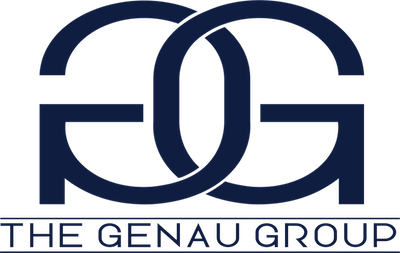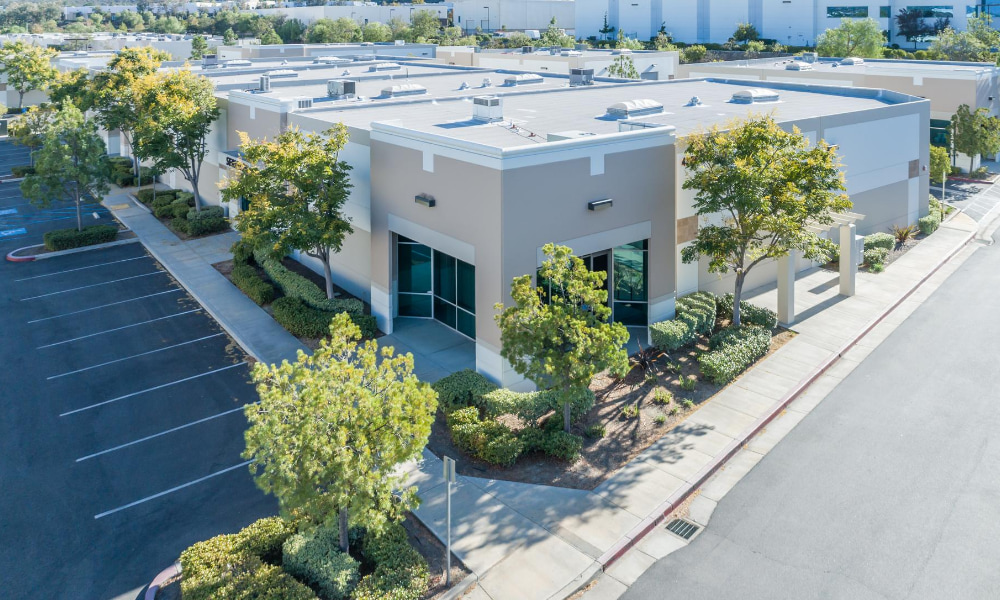A commercial lease is a significant jump for any business, and for landlords, it is a big payday. With commercial complexes, some costs are passed through to the tenants like repairs, cleaning, utility landscaping, management services, and operating expenses. The list can be endless, depending on your specific location in DC.
The chance to get these reimbursements is a loophole that landlords can manipulate to overbill your business, which can leave you bleeding money.
But, how do you know if you’re in a fair lease agreement? How do you tell if you’re paying the right prices for all the additional costs associated with your lease?
The answer is simple – a commercial lease audit!
Why Do You Need Your Lease Audited
Businesses tend to downplay the value of a lease audit. But just as an account audit in your business, a lease audit can help unearth and confirm various concerns. Some of the reasons why you need to have your lease audited include:
- Landlords have an immense concentration of power in the administration and management of the building. Without proper surveillance, they can easily benefit from overcharging at the expense of your business.
- Commercial leases are not the easiest to understand. They contain intense legal jargon, and the clauses related to rental charges are challenging to interpret. A lease audit can help you wrap your head around what you’re paying for and how much you’re paying for it.
- It’s not your landlord’s first rodeo dealing with a commercial lease. They have immense knowledge of their properties, the real estate market around them, and lease administration practices. As such, as the tenant, you’re at their mercy.
- Some of the rent clauses can lead to a different interpretation. Since the landlords often administer the clauses, they might interpret them in their favor, and at your expense.
- Sometimes, the management of the property doesn’t take time to read and understand the lease agreement. They simply generalize the details and charges, most of which work against your interests.

All these reasons are a basis for having your lease audited. Depending on your situation, the reasons might vary.
When Do You Need a Lease Audit?
Ideally, conducting a lease audit should be an ordinary and regular affair for your business. However, certain events call for a tenant to have the lease audited:
- When you’re considering terminating or renewing the lease
- When there’s a change in the ownership or the management firm
- If there are notable changes in occupancy in the building
- When the building or the landlord is experiencing financial difficulties
- If there are significant changes in the charges compared to previous years
- In case there are building renovations
- If the annual reconciliation statement is not as detailed or as itemized as you would like
What Are the Benefits of a Lease Audit?
Commercial lease agreements are complex contracts. They are often intensely negotiated between the landlord and the tenant. However, while they share the common structure, the details are unique concerning specific terms and provisions.
What most business owners overlook is that the landlord sets the base rent, oversees the measurement of the leased premises, and the building, and manages the operation. With such immense control over the process, without a lease audit, you’re opening up your business to exploitation in more ways than one.
More often than not, the results of a lease audit end up in favor of the business. Some of the benefits you stand to gain from a comprehensive and professional lease audit include:
- The summation of errors identified during the audit can cover several years of rental fees. It also ensures lower occupancy costs for the tenant in the future.
- A lease audit is a powerful negotiation tool for the tenant when conducted at a strategic time. Using the audit results, you can obtain concessions from the landlord and score better lease conditions with more affordable rental rates.
- Executing a lease audit levels the playing field and gives the tenant more administrative power, ensuring more respect and a conducive environment for both the tenant and the landlord.
What Is Reviewed in a Commercial Lease Audit?
A comprehensive lease audit will look into various facets of the lease, including:
- Base year calculations
- Space measurement verification
- Insurance
- Pro-Rata share
- Gross up calculations
- Annual reconciliations, operating expenses and CAM (Common Area Management) charges
- Escalation indices: Porter’s Wage, CPI, PPI among other index driven escalators
- HVAC and utilities
- Sundry
- Occupancy related costs and chargebacks
- Impermissible lease expenses and capital expenditure
- Charges specific to the tenant and overtime charges

In some cases, an electrical or energy audit is also necessary to determine the validity of energy charges.
The Process of Conducting a Commercial Lease Audit
The first and most essential step in conducting a lease audit is to contact a professional and experienced lease auditing firm. Once you have the right firm, the lease audit process can start its course:
- The firm will conduct a preliminary review to assess the need for an audit. If there’s sufficient evidence to warrant an audit, the firm will draft a proposal and notify the landlord. If there’s no need for an audit, the firm will continue monitoring the account.
- Once the landlord is notified (usually 30 days before the lease audit), a meeting between the tenant, the lease audit firm, and the landlord is set up to introduce the parties.
- Once the notification time elapses, the firm conducts an in-depth audit of the landlord’s finances and issues the report to the client.
- The report is issued to the client for approval, after which the same report is issued to the landlord.
- If any issues require solving, the firm can help in negotiating, or the tenant can involve his legal team.
- The teams come up with an amicable solution and settlement for the tenant.
- On-going monitoring is often recommended to prevent a recurrence. It’s also advisable to ensure you complete the audit frequently.
Potential Problems With Lease Audits
As you would expect with such a complicated process involving several parties, there will be various challenges:
- Inadequate audit clause — The most significant problem with lease audit is if you don’t have a robust and adequate clause that determines who performs the audit, who pays for it and how you handle the errors. In such a case, you have to sit down with the landlord for further discussion and agreement.
- Who performs the audit — The next challenge is who performs the audit: contingency-based auditors, real-estate professionals of a commercial lease auditing firm. In most cases, the lease specifies the audit must be carried out by someone who both of you agree on.
- Who pays for the audit — In most cases, the tenant pays for the audit’s cost. In some instances, you can negotiate an understanding should the audit reveal a significant overcharge, in which case the landlord pays for the service.
- Dealing with an overcharge — Lease auditing comes with negative connotations, especially for landlords. The situation might get worse if you uncover an overcharge. How you deal with the overcharge depends on its basis. If it was a fraud, you could terminate the lease while, in other cases, a simple settlement settles the score.
- What if you’re behind rent payment? — The landlord might accuse the tenant of fishing if the tenant requests an audit while they have fallen back in rent. In some cases, it’s true. To allay the landlord’s concern, you can agree to pay your rent “under Protest” or place the money in escrow as you wait for the audit outcome.
Hire a Professional to Conduct Your Commercial Lease Audit
There’s no doubt a commercial lease audit could save your business tons of money in overcharged bills. But, it is complicated, time-consuming, and resource-intensive. Hiring our expert commercial lease auditing services is your best bet at ensuring your lease is administered fairly and recovering any overcharged fees and bills. Contact us today to learn more about us.





